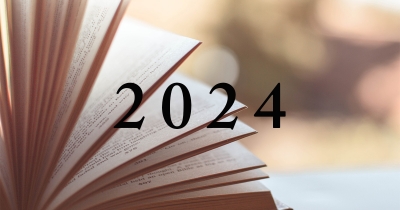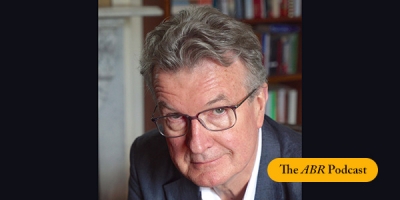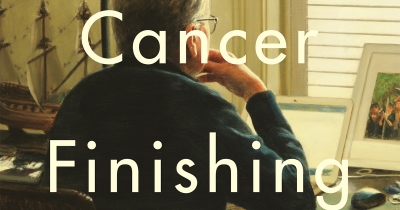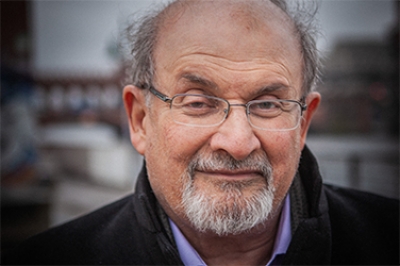Peter Goldsworthy
Kubrick: An odyssey by Robert P. Kolker and Nathan Abrams
In this week’s ABR Podcast, Michael Shmith reviews a memoir from poet, novelist, librettist, and Adelaide GP Peter Goldsworthy. The book’s title is The Cancer Finishing School. Shmith begins by observing that doctors aren’t supposed to become incurably ill, before immediately recognising this as the useless delusion of a patient. Michael Shmith is a Melbourne-based writer and editor whose most recent book is Merlyn, a biography of the widow of Sidney Myer. Listen to Michael Shmith’s ‘It might be …: P is for Peter, physician, patient, poet’, published in the April issue of ABR.
... (read more)The Cancer Finishing School: Lessons in laughter, love and resilience by Peter Goldsworthy
Restricted to phone consultations due to the Covid lockdown and my chemo-blasted immune system, I rely increasingly on the selfies of body parts that patients text me to help diagnosis. My iPhone library of lumps, bruises, wounds, rashes, boils, red eyes, and even vaginal discharges, grows rapidly, a luminous pathology museum that often reminds me of Dr Azov in Salman Rushdie’s Midnight’s Children (1981), who examines his future wife through a hole in a sheet and, over the course of many house calls, assembles a jigsaw picture of the complete woman with whom he will slowly fall in love.
... (read more)‘How many times?’ the voice on the other side shouted. ‘How many fucken times? Will youse ever listen?’ The brick wall between the two change-rooms might have been cardboard.
On this side – the visiting team’s side – the boys sucked on their orange quarters, all ears. Dom Russo, the team manager, screwed up hi ...
Dear god-herd, golden god-horde, Lord / Protectors of the meek and green-fed: / when we came in from the cold / ten thousand winters back, the terms ...
... (read more)It gives some indication of the relative youth of Australian theatre that Ray Lawler, author of the watershed 1955 play Summer of the Seventeenth Doll (‘The Doll’ for short), is still alive. Ninety-nine years old, he apparently even had a hand in this production, just the second staging of Richard Mills and Peter Goldsworthy’s largely faithful operatic adaptation. Premièred by Opera Victoria in 1996, then remounted by Opera Australia two years later, the opera has not been performed since. It has now been dusted off, with minor changes made by composer–conductor Mills, by State Opera South Australia as part of its three-year ‘Lost Operas of Oz’ project. It’s a mark of Anglo-Australian culture’s immaturity, too, that it remains restless and amnesiac, almost wilfully ignorant of the past in its perpetual quest for the ‘next big thing’.
... (read more)Famous Battles in the War between Words and Music: From Monteverdi to Puff Daddy
An excuse first. This can only be a magpie’s look at a marriage – between poetry and music – that has a near-infinite history of complex living arrangements, recurrent divorces, remarriages and impromptu de facto cohabitations. I’ve chosen a few marital battles of particular interest to me, a writer for whom song is a sometime thing. I’d like to claim those battles as representative of some epochs and musical styles, at least within various Western traditions; they are certainly representative of my musical obsessions.
... (read more)Yes, death was a good career move for Mr Elvis
Presley, but for those of us yet to leave the building,
cancer offers a lifeline, bringing family fame,
at least, and a careering mind, especially during
the long night-watch, when what happened in Vegas
comes home from Vegas,








